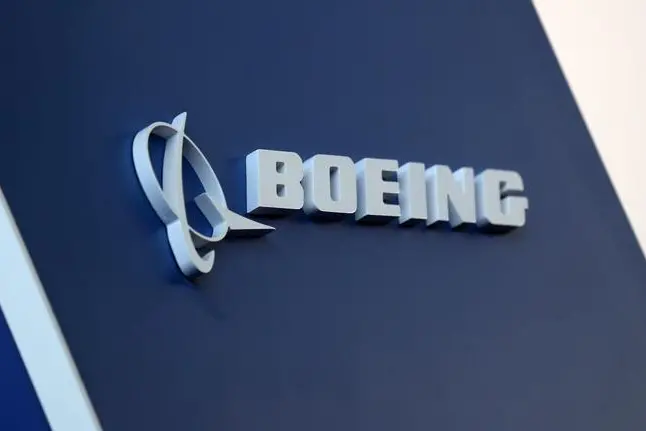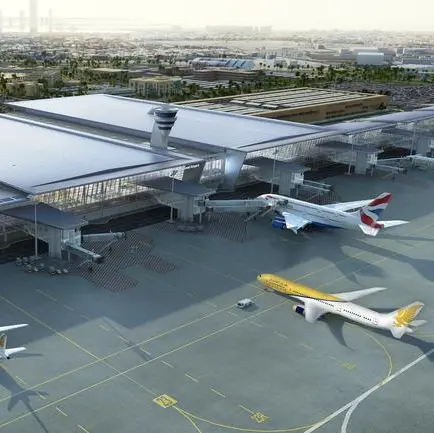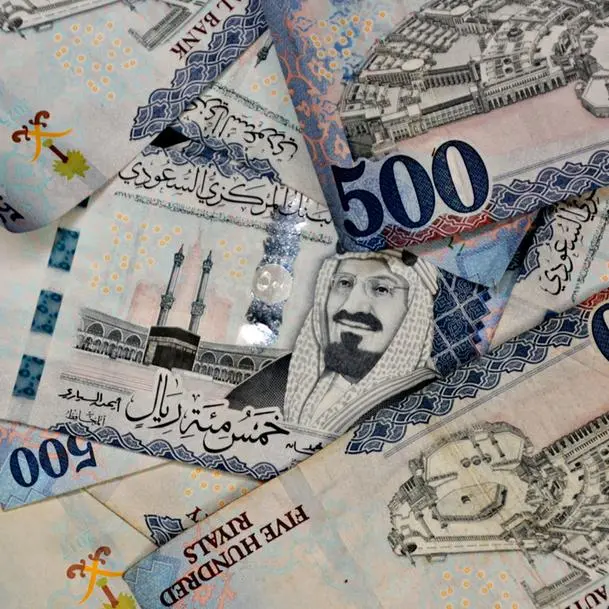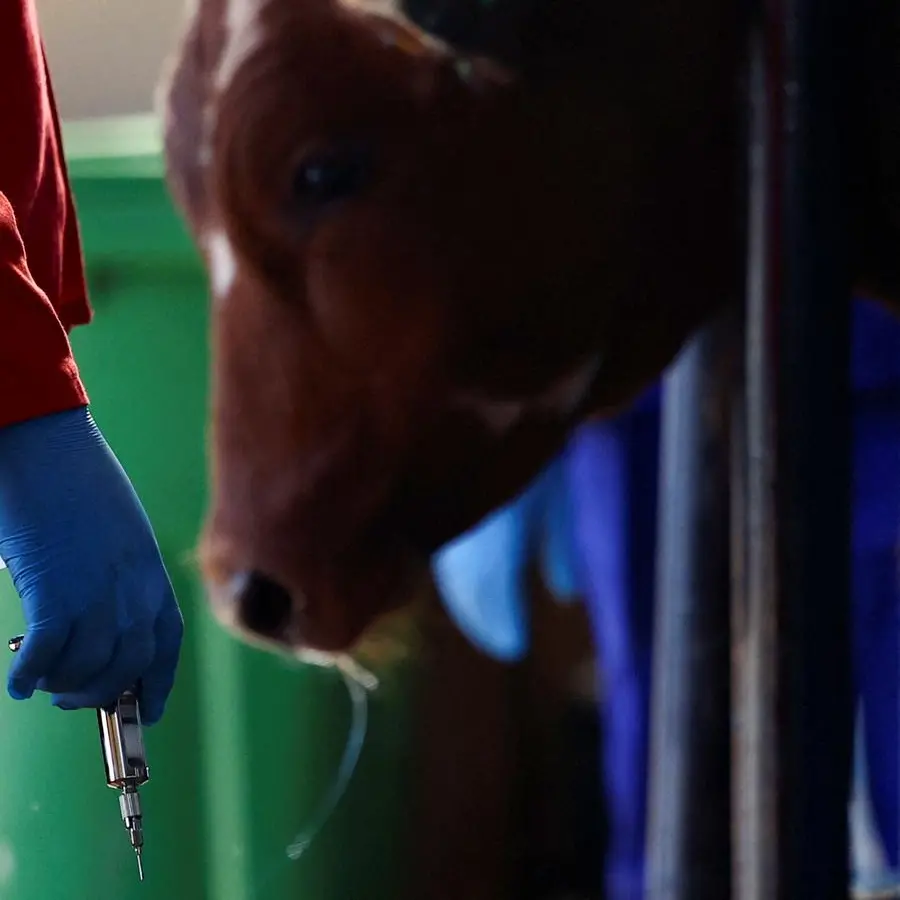PHOTO
NEW YORK - Boeing may need to ground its own aircraft. Europeans joined the Chinese and others in suspending flights of the 737 Max 8 after two crashes in recent months, and two U.S. senators called on the Federal Aviation Administration to follow suit. Boeing’s stock lost a further 6 percent, lopping off $14 billion or so of market value, on Tuesday. Rather than waiting for its regulator, the company could get ahead of the crisis.
Such a step would be unconventional for an industry steeped in detailed rules and procedures. Boeing’s close relationship with the FAA may be part of the problem, though. The company persuaded the agency that its 737 Max line, the latest iteration of its best-selling workhorse, was similar enough to predecessors that airlines wouldn’t have to retrain pilots or inform them about changes to the flight control system, according to the New York Times.
Investigators examining the crash of a Lion Air jet outside Jakarta in October have focused on the possibility that an automated flight system may have brought it down. The superficially similar-looking circumstances when an almost new Ethiopian Airlines 737 Max 8 also crashed minutes after takeoff on Sunday prompted Chinese authorities to take the lead grounding the aircraft.
The FAA says it’s too soon to tell if the accidents had a similar cause, but that Boeing would be upgrading the 737 Max 8’s software and updating training requirements and flight crew manuals.
It’s understandable Boeing isn’t rushing to disrupt the 737 program, which accounts for 55 percent of its commercial aircraft revenue and probably more of its profit. The company also can’t technically ground an airplane. But it could recommend that action – and reassure airlines it’s working to discover the cause of the accidents and offer to compensate them.
Morningstar analysts reckon the FAA’s three-month grounding of the 787 in 2013 cost Boeing $500 million, and estimate a similar suspension of the 737 could cost three times as much.
Yet that’s very little compared with the $27 billion wiped off Boeing’s market value in two days. There could be a deeper problem, of course. But assuming any issue that’s found is simple to address, with over 4,600 737 Max orders in hand the company can quickly get back in its stride. A reputational hit, by contrast, could cause lasting damage. Boeing needs to move faster than its watchdog.
CONTEXT NEWS
- The European Union Aviation Safety Agency on March 12 published an airworthiness directive suspending all flight operations of Boeing’s 737 MAX 8 and MAX 9 aircraft in Europe. The directive also covers any flights by third-country operators going into or out of EU member states. Earlier in the day, regulators from the UK, France and Germany grounded the Boeing 737 MAX 8, following similar moves on March 11 by China, Indonesia and Ethiopia.
- Also on March 12, U.S. Senators Mitt Romney and Elizabeth Warren called on the Federal Aviation Administration to ground the aircraft until the causes of recent crashes in Ethiopia and Indonesia can be determined and the plane’s airworthiness assured.
- Boeing shares closed on March 12 down a little over 6 percent, bringing the decline this week to more than 11 percent.
(Editing by Richard Beales and Martin Langfield)
(( thomas.buerkle@thomsonreuters.com ; Reuters Messaging: thomas.buerkle.thomsonreuters.com@reuters.net ))
© Reuters News 2019





















